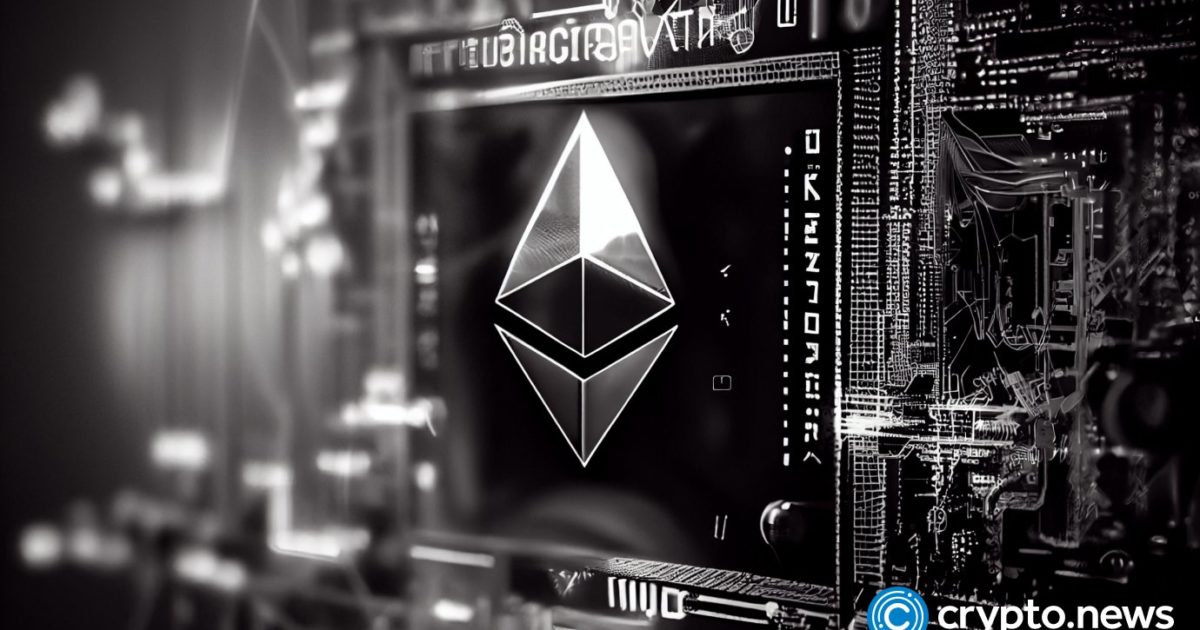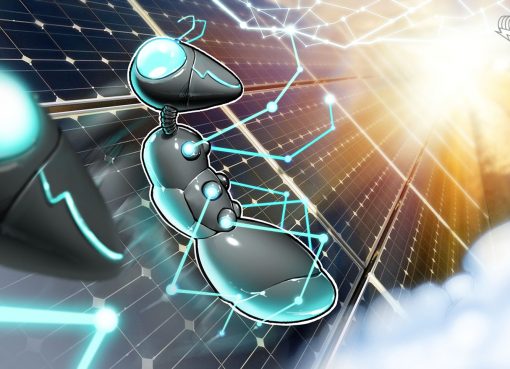Ethereum co-founder Vitalik Buterin provided an in-depth review of the ongoing development and challenges of the blockchain’s “account abstraction” at the EthCC in Paris on July 18.
Vitalik Buterin laid it all out there on the latest developments and roadblocks of Ethereum’s “account abstraction” — a concept aimed at increasing the platform’s adaptability by enabling users to define their account security models — at the Ethereum Community Conference (EthCC) in Paris. He broke down the idea, explaining how it’s all about adding flexibility to Ethereum by giving users the power to decide on their accounts’ security.
Recalling the origin story of account abstraction in Ethereum (ETH), Buterin shared, “Right from the start, we were all about letting accounts be controlled by code, not just keys.” Just like any good story, though, there were plot twists – technical difficulties like non-unique transaction hashes and sorting out miner fees from smart contract wallets became hurdles.
Progress hasn’t stopped, especially with the introduction of EIP-4337. This account abstraction standard plays it smart – it skips changing the base protocol by sticking to smart contracts. The big picture? It lets wallets connect via a trusted “entry point” contract, rounds up meta-transactions via “bundler” contracts, and brings in MEV builders to handle fee markets.
Buterin painted a clear picture of what this modern account abstraction could mean for users. “We’re talking about extensions, or ‘paymasters,’ that could let users pay their fees with the same coins they’re moving around,” he said.
He also pointed out the potential of signature aggregation, explaining, “This could be a game-changer, especially on rollups where the size of a transaction is mostly the signature.” By pulling together signatures, developers could save a chunk on gas and data costs.
But it’s not all smooth sailing. Buterin didn’t skirt around the tough stuff. He talked about the need for an Ethereum Improvement Proposal (EIP) to shift current Ethereum externally-owned accounts into smart contracts. There are also challenges like making sure everything works with layer-2 solutions and blends with existing technologies like biometrics and wallets.
But through all the ups and downs, Buterin stays optimistic about account abstraction’s progress and future. He said, “We’ve come a long way with account abstraction, and I can’t wait to see where we’ll go next.”




